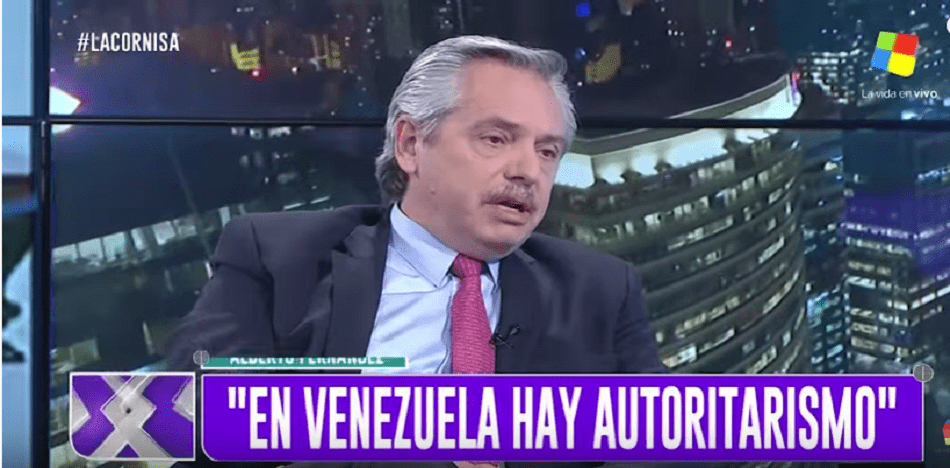
Spanish – Alberto Fernandez is not going through a simple electoral campaign. It is clear to him that he needs the ” no Kirchnerist ” votes to ensure his victory in the first round. However, the former president’s followers are watching him closely. While the “K” vote holds him captive, the former chief of staff juggles his moderate speech with the political space that fielded him for the presidency.
Some say that there are already tensions between Albertism and hard Kirchnerism and that Cristina put Pedro’s deputy Eduardo “Wado” to follow him carefully. The legislator would be present quite often in meetings where the former president would not be entirely welcome.
Although the economic issue is on the forefront, primarily due to the poor performance of Mauricio Macri’s administration, the international concerns, and especially the Venezuelan disaster, gives Alberto a headache. In the Kirchnerist space, there are defenders of Chavismo (who already look at Fernandez with distrust), but the electorate he needs to target has no qualms about it: Nicolas Maduro is a brutal dictator who must fall immediately.
In that context, every time the candidate for president of the Frente de Todos gives his opinion on Venezuela, he angers everyone and does not satisfy anyone. On the one hand, he is accused of being anti-Chavez, and on the other, paradoxically, of being Maduro’s accomplice.
In response to a question from Luis Majul, who interviewed Fernandez after summoning the public to vote for Macri, the presidential candidate did nothing more than increase doubts about his own stance and provoke the condemnation of the anti-Kirchnerista voters. Every time the issue of Venezuela comes up, it presents the same problem:
“Dictatorships tend to have an undemocratic origin, and this is not the case in Venezuela. But many times, democracies, due to abuses by those who govern, become authoritarian. That’s what I say is happening in Venezuela.”
Fernandez acknowledged the deaths at the hands of Chavismo and the persecution by the “authoritarian government,” but refused to consider a military intervention led by the United States. He said his concern is more honest than Macri’s, “who uses the problem for campaigning,” but refused to call the regime a dictatorship because of his background as a lawyer. In short, his statements generated indignation on both sides of the “equation.”
The public appearance of the presidential candidate, who defeated Macri by 15 points in the 11th August primaries, was the first interview he gave after the massive endorsement of the president in Plaza de Mayo.
 Versión Español
Versión Español












